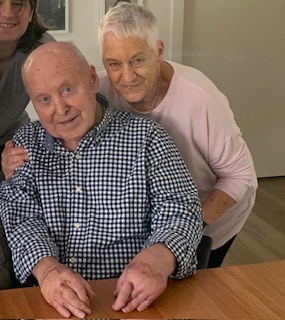
And so, the carer finds herself adrift. Her job is finished. She is older now—perhaps wiser—but with a deep hollow in her life that is hard to fill. Her days, once so full, stretch out quietly. There are no routines, no one to care for, and often, no one who understands the depth of what she has lost.
She asks herself, ‘Who am I now?’
For so long, her identity was defined by caring. The purpose that gave structure and meaning to each day has vanished. Without it, loneliness takes hold. She may try to find new interests or friendships, but after years of putting her own needs aside, it can feel daunting to begin again.
In the stillness, she starts to notice her own health issues, long ignored while caring for another. The support she built for her loved one must now be rebuilt for herself - but that takes courage, and time, and often feels overwhelming.
When caring ends, a carer faces not just grief, but a loss of identity. It is a profound transition, and one that deserves recognition and understanding.
Yet, within that loss lies the possibility of renewal.
When caring ends, it does not mean the carer’s story is over.
It is the beginning of a new chapter - one where the love and compassion once given to another can be used to rebuild, to heal, and to live again, and life in hope that she will find the care she needs.
Faye is a Nurse Educator, full-time carer for her husband with Parkinson’s for 25 years, and community advocate.
Help others understand the real impact of care for unpaid carers. Whether you’re a primary, secondary, former or young carer, your story matters - and we want to hear it!

